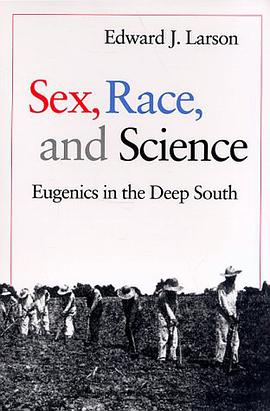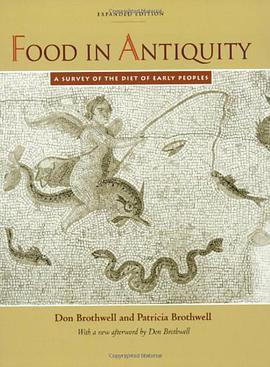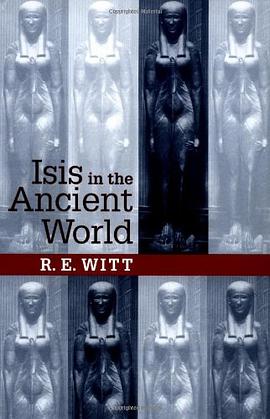

Much of what we know today of Rome in the fourth century has its source in Res Gestae, the sole surviving work of the historian Ammianus Marcellinus. The accuracy of Ammianus' reporting has come under question over the past fifty years, however, and Timothy D. Barnes here offers new grist for skepticism.This is the first book on Ammianus to place equal emphasis on the literary and historical aspects of his writing. Barnes assesses Ammianus' depiction of historical reality by investigating the Res Gestae's strengths and weaknesses, as well as its literary qualities. He examines its structure and arrangement, emphasizes its Greek and pagan features, and points out the extent to which Ammianus drew on his imagination in shaping the narrative.Ammianus, raised as a Christian, became an apostate when Julian seemed to promise a return to traditional religion and values. In Res Gestae he expressed strongly held views, often in vivid and extreme language. Barnes explores the historian's biases and personal prejudices, documenting seemingly intentional distortions and demonstrating that Ammianus advanced a pessimistic and anti-Christian interpretation of the Roman Empire. Barnes disputes the interpretations of many contemporary scholars and urges reconsideration of both historian and history.
具體描述
讀後感
評分
評分
評分
評分
用戶評價
相關圖書
本站所有內容均為互聯網搜索引擎提供的公開搜索信息,本站不存儲任何數據與內容,任何內容與數據均與本站無關,如有需要請聯繫相關搜索引擎包括但不限於百度,google,bing,sogou 等
© 2025 qciss.net All Rights Reserved. 小哈圖書下載中心 版权所有




















